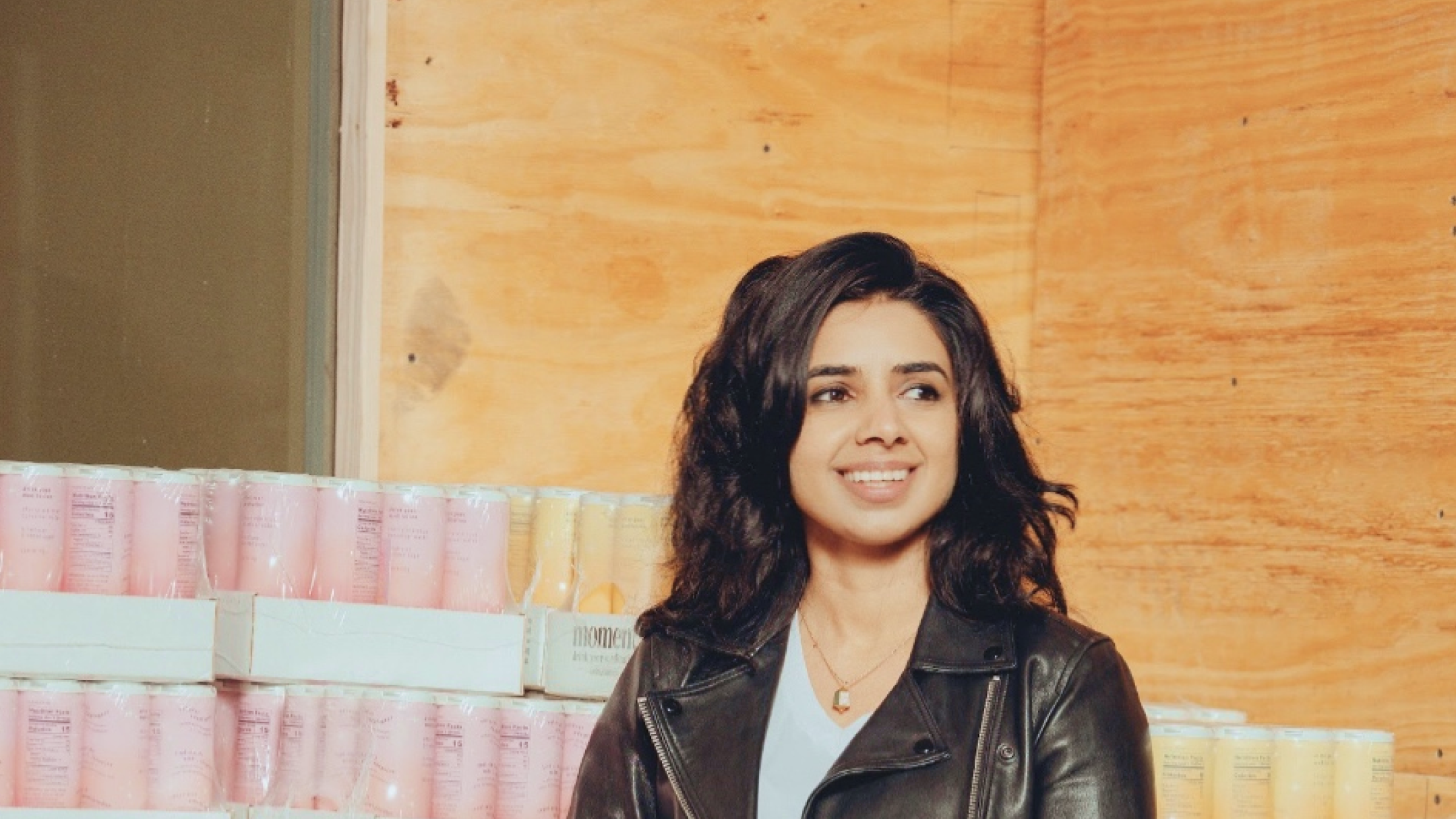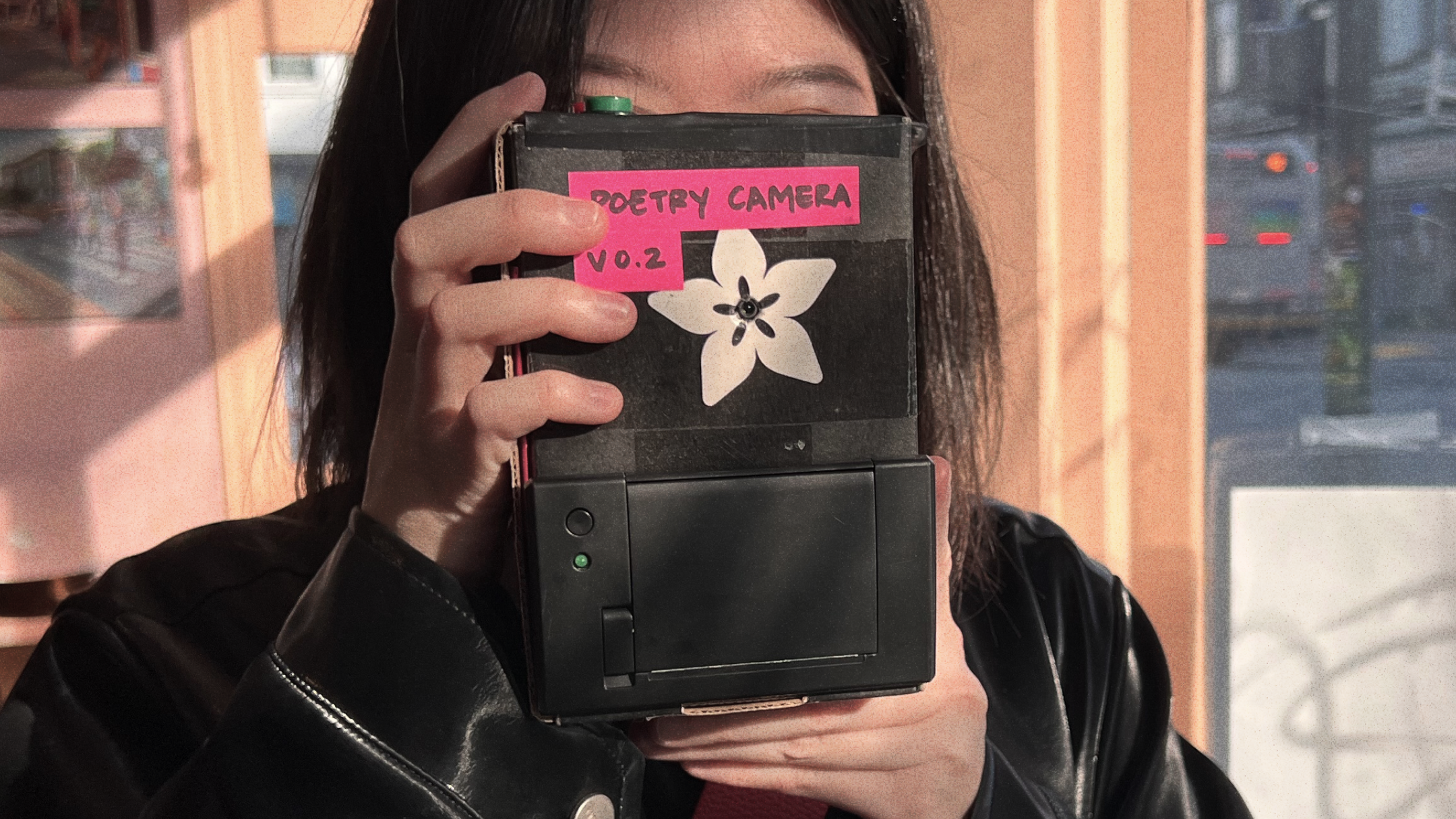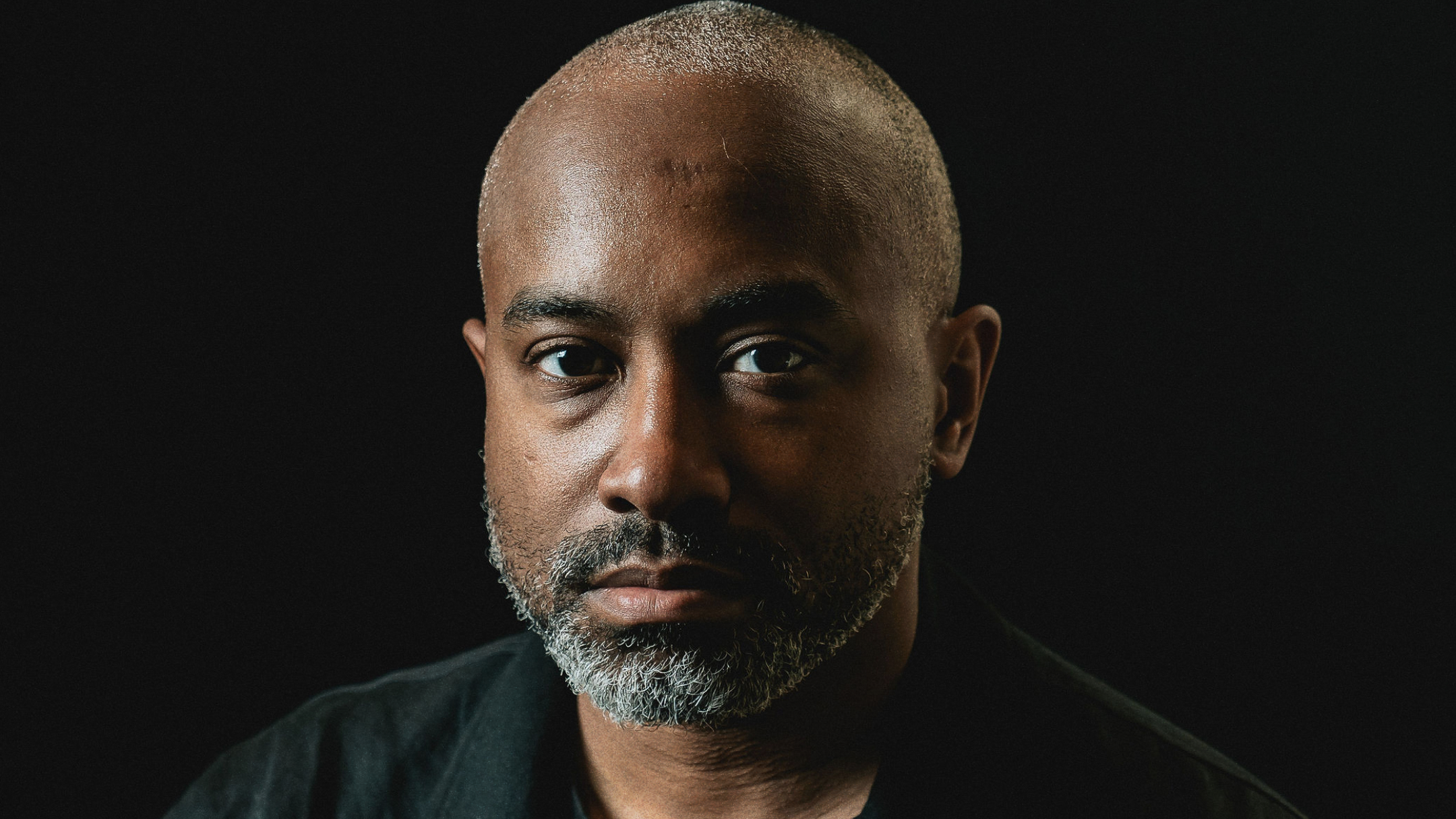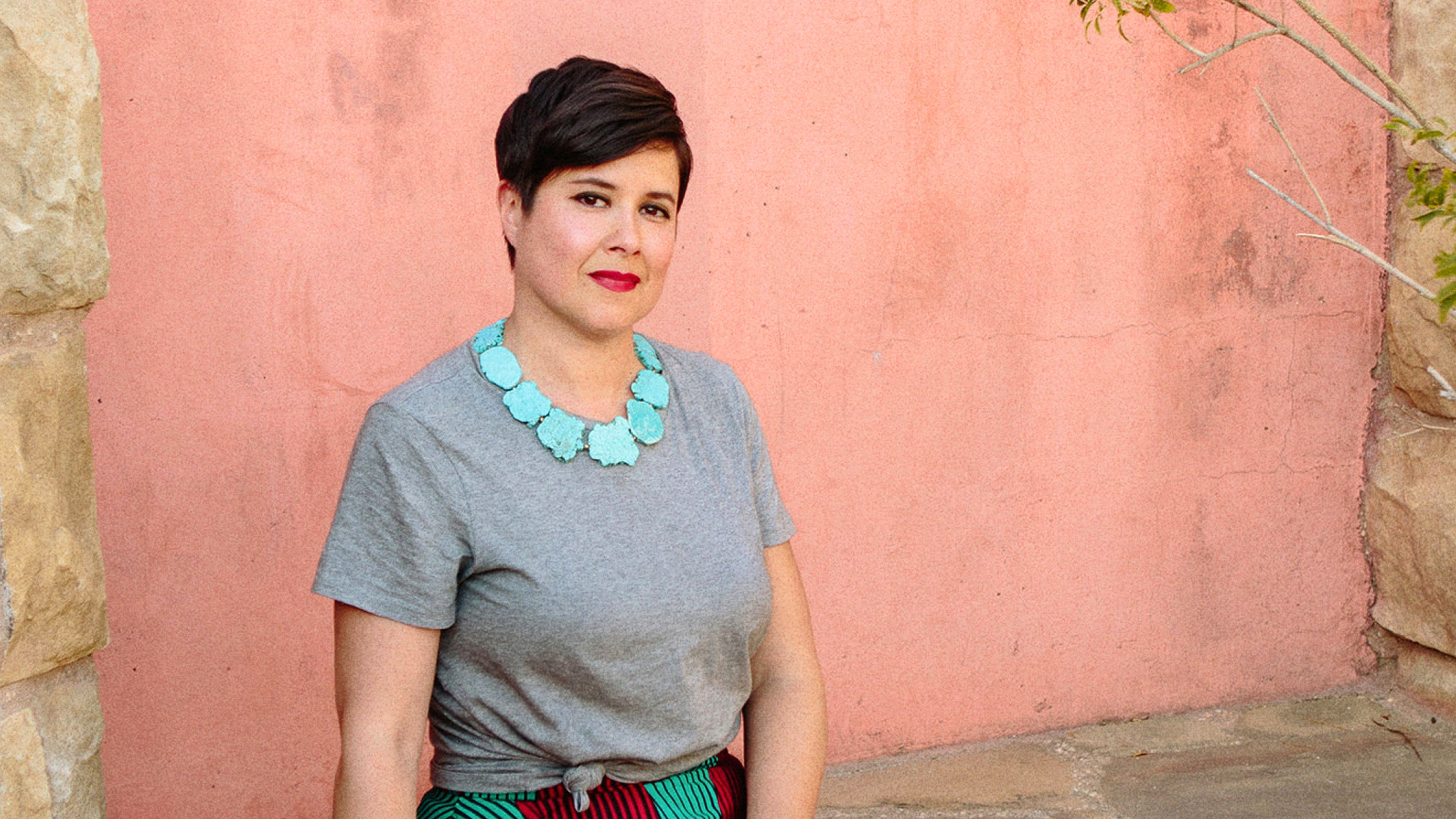Memory Bank: Scott Hickle of Throne
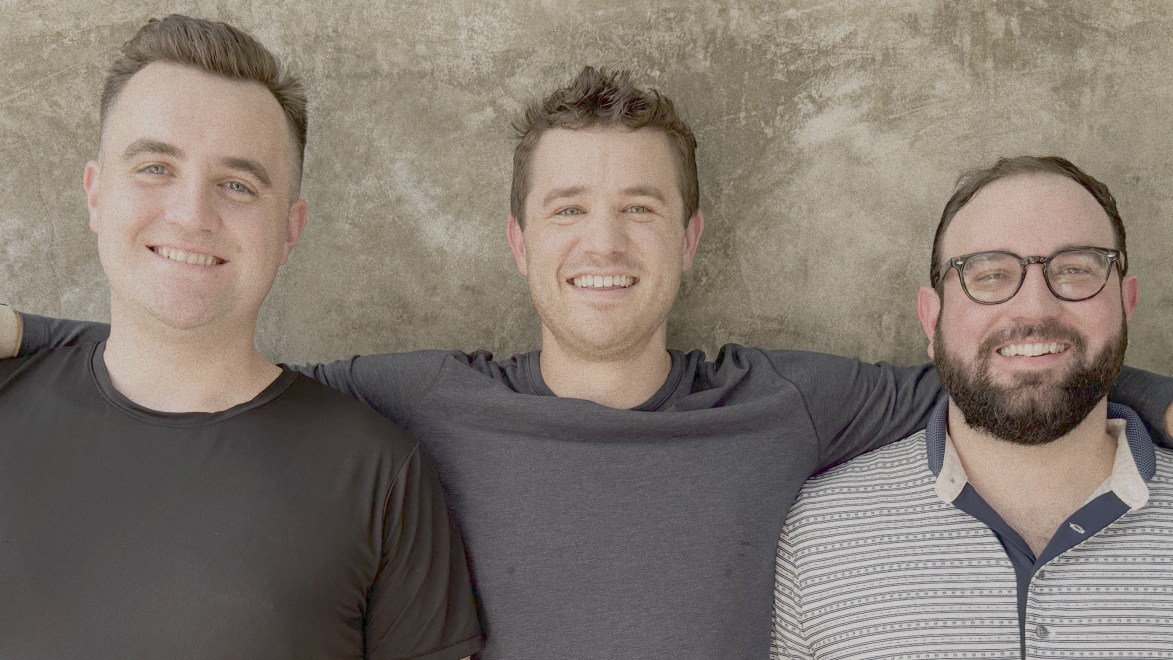
Julie Schneider is a writer and editor based in New York City.
Scott Hickle is the co-founder and CEO of Throne, a “wearable” device for your toilet that monitors hydration, digestion, and gut health. Hickle and his co-founders, Tim Blumberg and John Capodilupo (who also co-founded WHOOP), saw an opportunity to help people make informed health decisions with data that was literally getting flushed down the toilet: your body’s waste. They collected data, developed prototypes, and worked with physicians to train Throne’s AI models. The device is currently open for preorder, and slated to launch in early 2026.
These are Hickle’s words, as told to the Mercury team. Content has been lightly edited for clarity and brevity.
I met my co-founder, Tim, while playing poker in 2021. During the first game we ever played together, we swapped startup ideas — specifically, ones we wouldn’t want our name associated with. Everyone was pitching vice industry ideas, you know: sex, drugs, rock and roll. But Tim was like: “Smart toilets.”
“That's brilliant,” I said. “Clearly, you would name that company Throne.”
We had some fun with it and joked around, but didn’t do anything with the idea initially. (After all, consider the premise of the game we’d been playing when it came up!) But soon Tim and I began working at the same music royalties business, called Royal. I was the company’s first employee and worked as head of finance. I recruited Tim as one of the company’s first employees. We treated this as a trial period of working together, because we knew we wanted to start something new together one day.
Prefer to turn real pages? We've got just the thing for you.
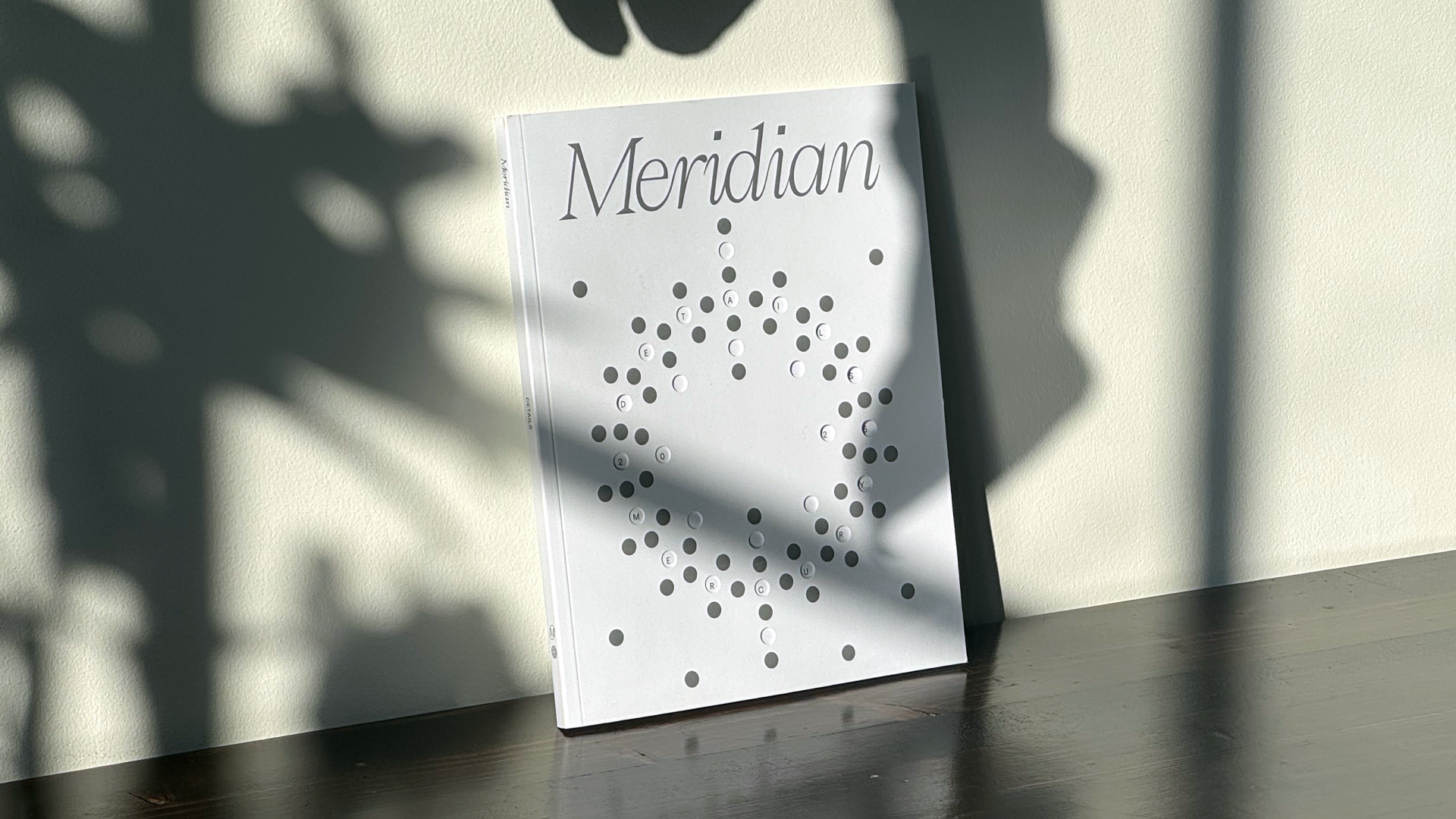
We both ended up leaving Royal in 2022, so the time was right to begin building a business together. Working in the healthcare space made sense for us since both of my parents are physicians, and Tim has a mom and three sisters who are all nurses. They acutely felt the pain of being short-staffed through the Covid-19 pandemic. So, after working together for a little over a year Tim and I decided to build a healthcare staffing platform together. But we realized pretty quickly that our concept didn’t make sense for a bunch of reasons, namely that we’d be building for a shrinking market in an already incredibly crowded space.
So, we decided to pivot only six weeks after raising our pre-seed. We went back to the drawing board, and that’s when Throne came back up.
My mom’s a geriatrician, a primary care physician for older people. I called her and asked, “Is there any medical utility to looking at people’s waste?” She had a lot to say. “Honey, I’ve stopped giving my cell phone number to my patients because they send me so many pictures of their poop.”
That conversation inspired Tim and I to seriously look into the smart toilet idea. Clearly, my mother’s patients were looking to learn something about their health by sending her those photos.
We pretty quickly realized that there are at least a half dozen chronic diseases affecting millions of Americans that could be much better monitored and managed by tracking waste every day.
We were also aware of the conversations around AI and computer vision, and how radiology may be the first medical profession to be, if not automated, then at least tremendously augmented by the powers of computer vision. (It doesn’t tend to miss the things that a groggy radiologist might miss.) If we could take that concept of automated health tracking and put it into a toilet-bowl application, that could be a very exciting proposition.
So, we started looking at the different kinds of biomarkers in waste that you can learn from — not just in stool, but also in urine and menstrual blood — and the patient populations and conditions that map onto those biomarkers. We pretty quickly realized that there are at least a half dozen chronic diseases affecting millions of Americans that could be much better monitored and managed by tracking waste every day.
These diseases primarily manifest as gastrointestinal or urological symptoms, like irritable bowel syndrome (IBS). “Hot girls have IBS” isn’t just a meme — it’s estimated that as many as 45 million Americans have IBS, and inflammatory bowel diseases, like Crohn’s disease and ulcerative colitis, affect up to 1% of the population. Then there’s chronic kidney disease, affecting at least 1 in 7 Americans. And benign prostatic hyperplasia, which is a non-cancerous enlargement of the prostate, impacts about 50–60% of men ages 50–60, and 80–90% of men over 70.
The primary manifestations for these health conditions are in the toilet bowl, but there’s not a routine way to continuously track these markers at home.
Someday soon, I want someone to be able to say, ‘My toilet saved my life.’
So, in June 2023, we sat outside of our local Trader Joe’s and asked strangers, “If you could measure your gut health and hydration, is that something you’d be interested in?” Everybody said yes. Then, we asked them 10 more questions, including, “Let’s say we were doing this with a camera in your toilet bowl, facing down. How do you feel about that?” Not a single person was offended by that idea, as long as their privacy was respected. They were like, “If it can tell me how hydrated I am and track my gut health, that seems interesting.”
We also put up a landing page and pointed Facebook ads at it, just to see what kind of interest there was in a device like this. We were shocked when, in the first month, like 2,500 people put their emails on our waitlist. We realized this could actually have some appeal.
We installed our first two-dozen alpha devices in our friends’ houses around Austin. Those things were super rickety and crapped out all the time on us (pun intended). But it got us the initial dataset we needed to train our foundational models because — shocker — there’s just not a database full of poop pictures that you can download on the internet. We had to build that ourselves before we could hire our team of gastroenterologists to label all the data to train our first models.
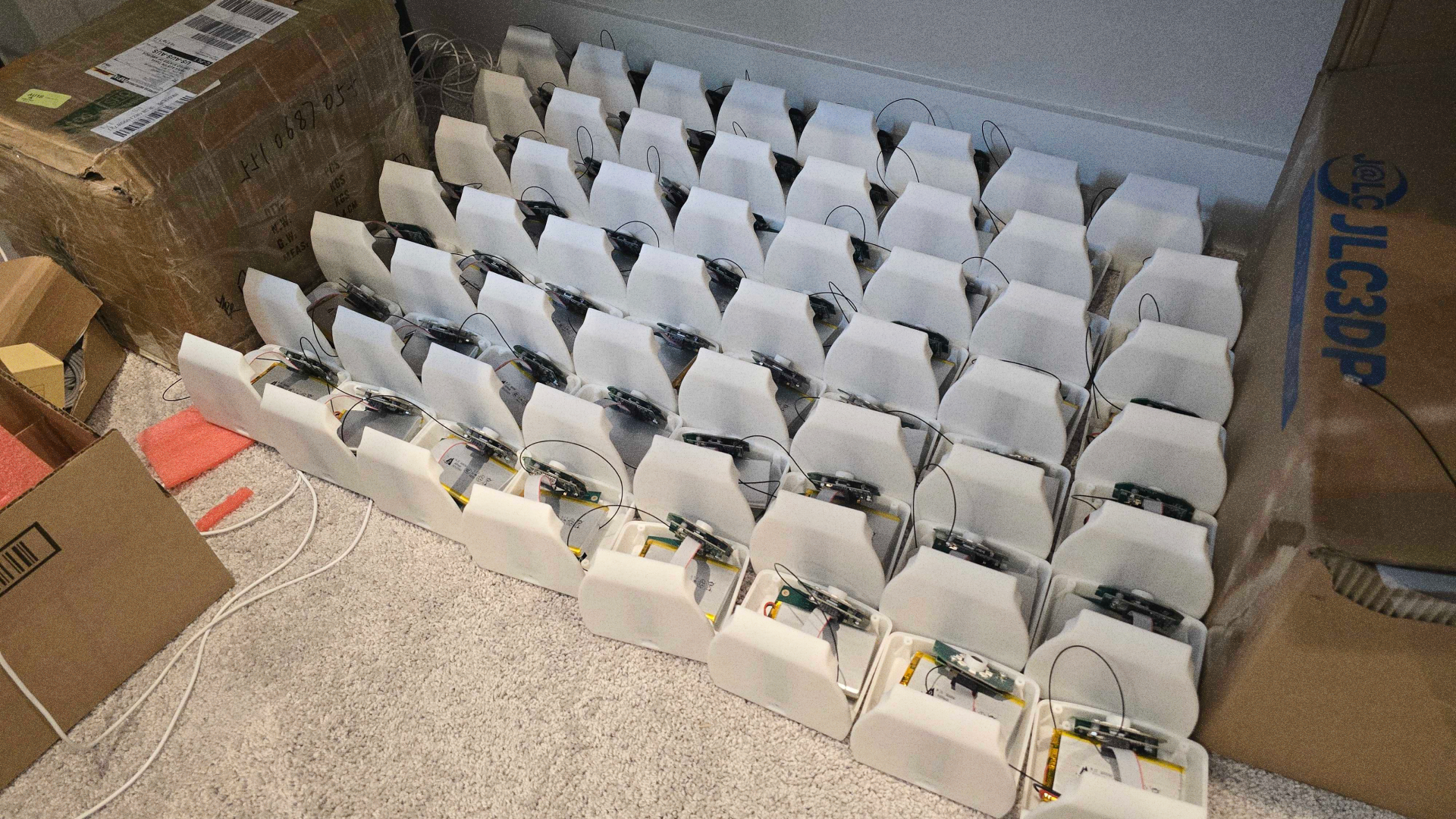
Now, we’ve built a handful of different computer-vision toilet analysis models. In early 2026, we’re taking our first mass-production version of the device to market. It has a much cleaner design than our earlier prototypes, and it’s hands-free, with a motion sensor. When you walk up to the toilet with your phone, the motion sensor wakes the device up, and your phone’s Bluetooth tells it, “This is Scott” or whoever. You just go about your daily business, and it tracks your stuff for you, and sends a push notification telling you how hydrated you are and what your gut health looks like. It’s totally effortless. That’s the magical experience that we're driving towards.
While our focus right now is on tracking baseline gut health and hydration metrics, our long-term mission is to focus on more specialized tracking and early disease detection. For example, we want to incorporate more advanced imaging to look for microscopic amounts of blood in stool, which is one of the earliest signs of colon cancer — a disease that roughly 1 in 25 Americans get diagnosed with during their lifetime. If we can get to that, we’ve effectively built the smoke detector for colon cancer.
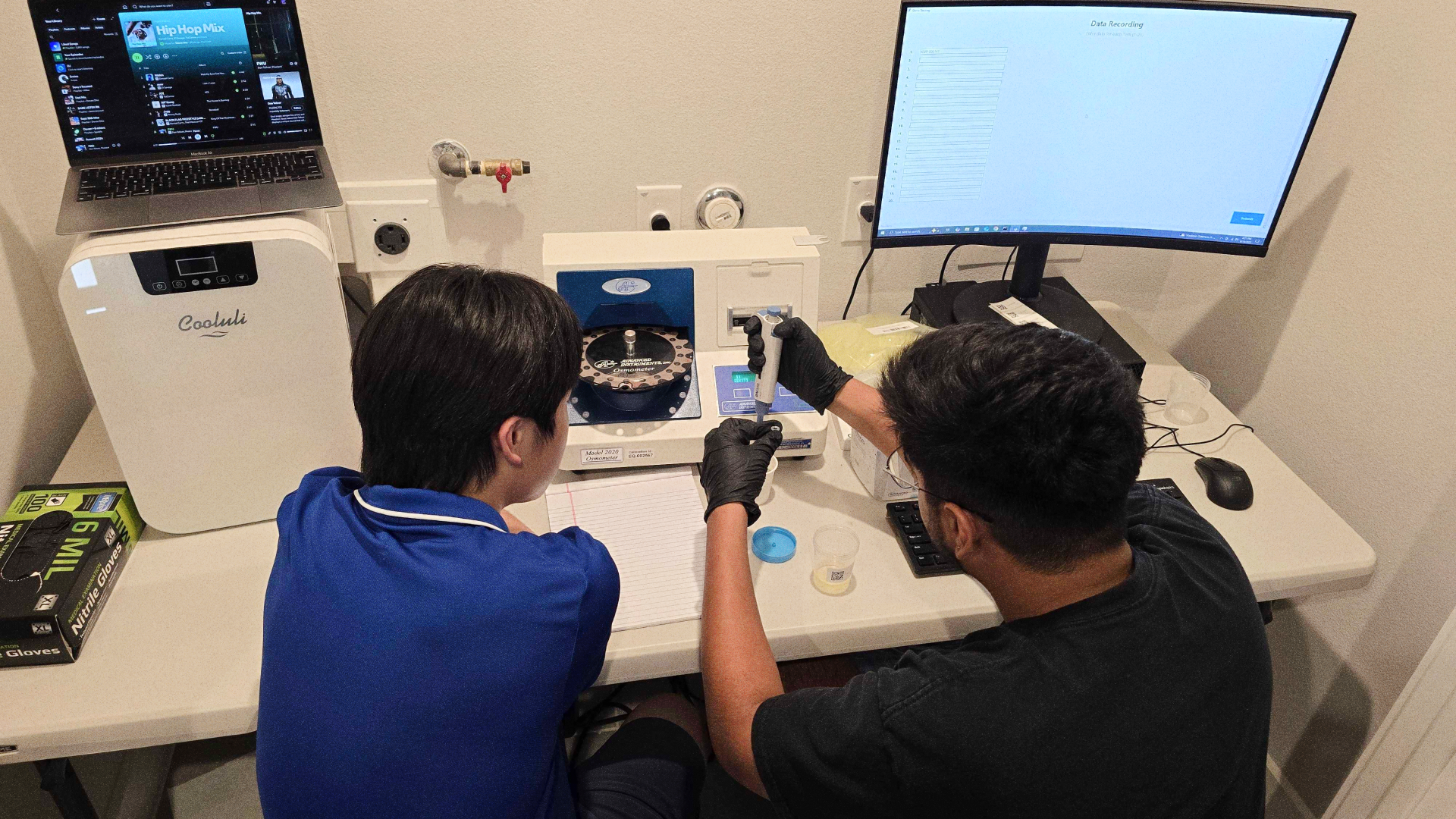
That kind of detection is critical because not everyone can reliably notice blood with the naked eye. About 8% of men are colorblind, and one of the most common forms of colorblindness is the inability to differentiate between reds and browns — the colors of blood and stool. We’ve heard stories where people only discovered that they have ulcerative colitis or colon cancer because they didn’t flush at night, not wanting to wake up their partner. The next morning, their partner woke up first, looked into the toilet, and was like, “We need to get you to a doctor.” One guy told me, “I’d be dead now if I hadn’t married young.” He was 29, already had stage four cancer, and only survived because his wife saw the blood he couldn’t. Sadly, many people aren’t alive today to tell stories like that.
That’s what keeps me going — the chance to do something deadly serious, with great people, in a way that’s still a little bit light and deeply human.
What makes this business so unusual is the constant tightrope between gravity and this intrinsic levity. This shows up everywhere: in conversations with investors — many of whom have a personal connection to chronic illness or colon cancer, and back us because they truly understand the mission — and with prospective customers who have chronic digestive diseases, which, on their worst days, govern their lives, and it really sucks. But, at the same time, we’re talking about poop, and you can’t not smile and laugh. When I meet people, we often immediately launch into intimate health conversations. It’s really special. That’s the magic of this business. And that’s what keeps me going — the chance to do something deadly serious, with great people, in a way that’s still a little bit light and deeply human.
Someday soon, I want someone to be able to say, “My toilet saved my life.”
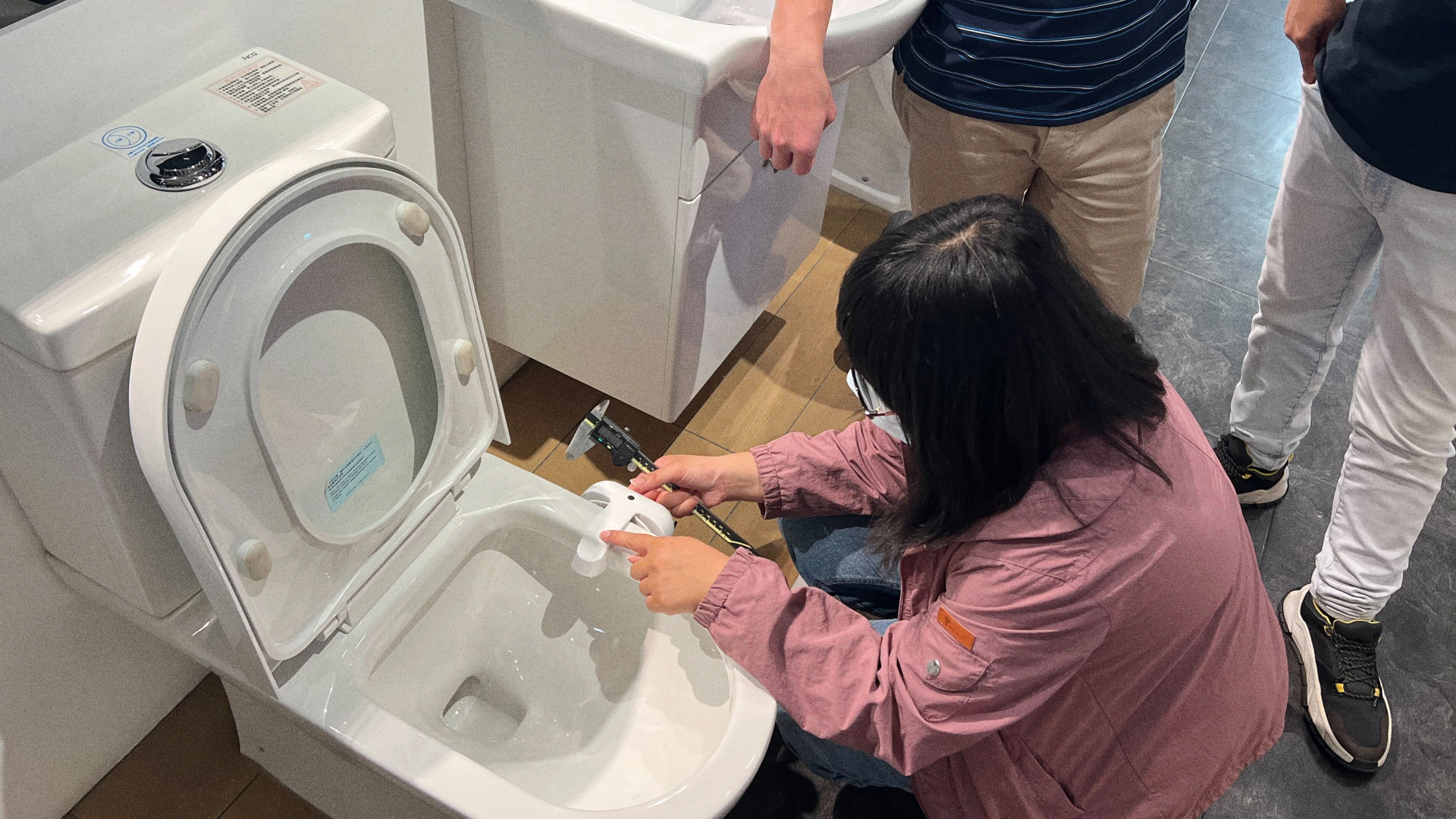
About the author
Julie Schneider is a freelance writer and editor based in New York City. Covering tech and entrepreneurship, health and science, arts and culture, she produces reported features, brand content and copy, service journalism, and more.
